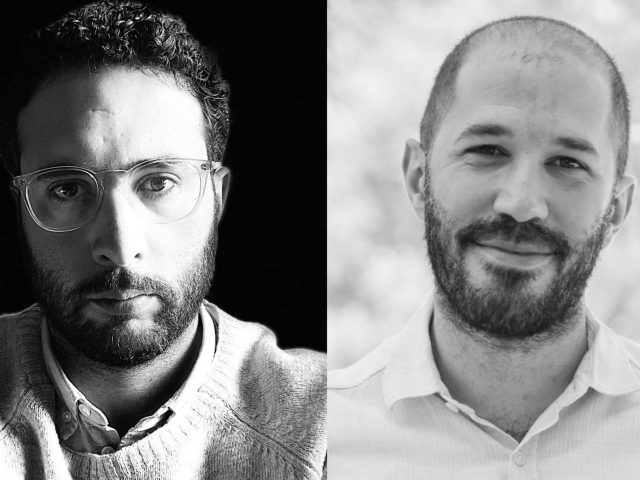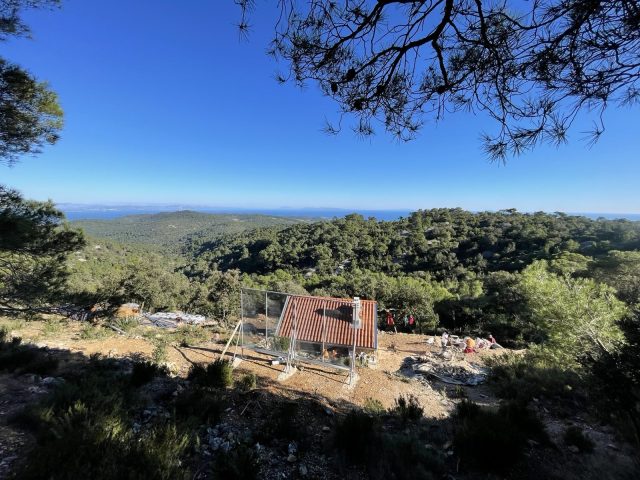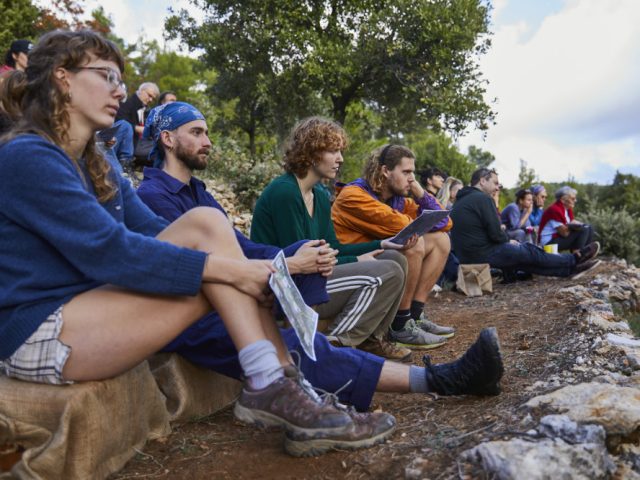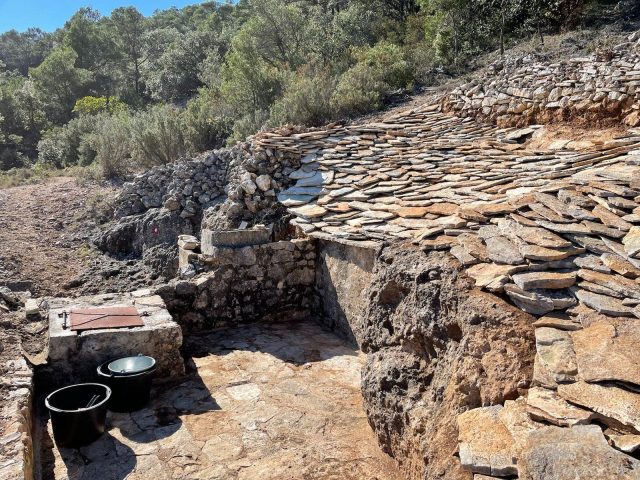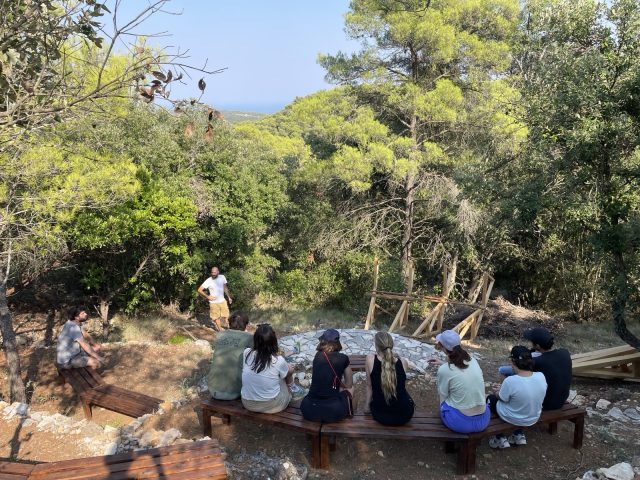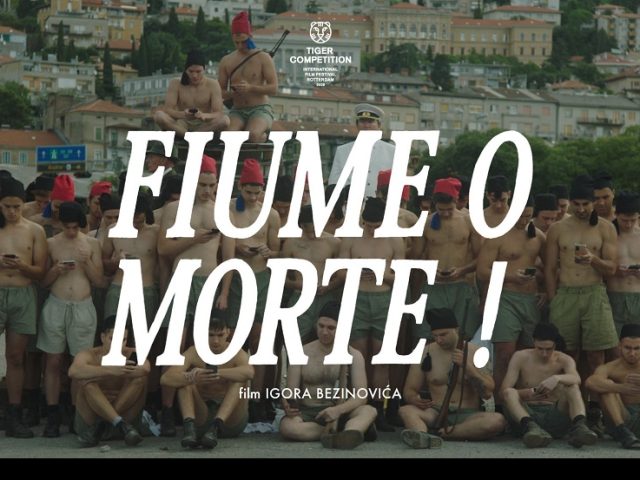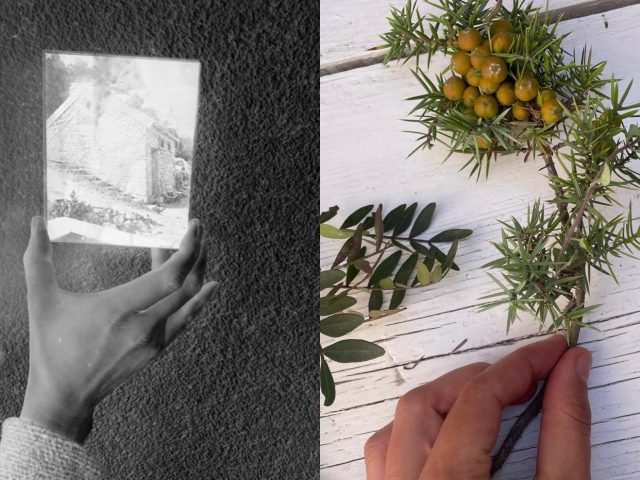
Although almost forgotten both in former Yugoslav countries and in the West, the Praxis School remains an inevitable reference point for thinking up and establishing new places for critical thought, philosophy, and not any less important, leisure. The school, founded on Korčula island in 1964., was a crucial meeting place for philosophers and social critics from the entire world, some of them included Ernst Bloch, Herbert Marcuse, Henri Lefebvre, Jürgen Habermas, Daniel Guerin, and many others. Some of the topics they discussed were creativity and creation, the meaning of technological progress, and theology. However, the Praxis School soon became a problem for the Yugoslav socialist regime because their analysis shifted to criticism of Yugoslav society itself. The French philosopher Henri Lefebvre described it as “Dionysian Socialism.” Another author said: “Just as Baden-Baden had served as the ‘summer capital of Europe’ for one set of cultural elites across political, linguistic, and national boundaries, so did Korčula offer space for cultural and intellectual exchange for philosophers from both sides of the Cold War.” According to the great Yugoslav scholar Predrag Matvejević who took part in the School, the original idea of the Korčula Summer School was to establish it on the island of Vis.
And around 50 years later, in times of a new Cold War, we are establishing ISSA on the island of Vis, with an attempt to create a space that would offer an unique opportunity for dialogue and thinking across the new cold war divisions.

